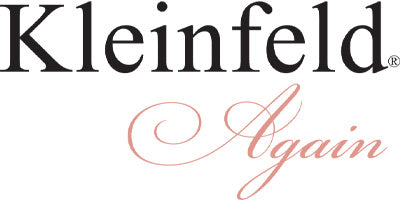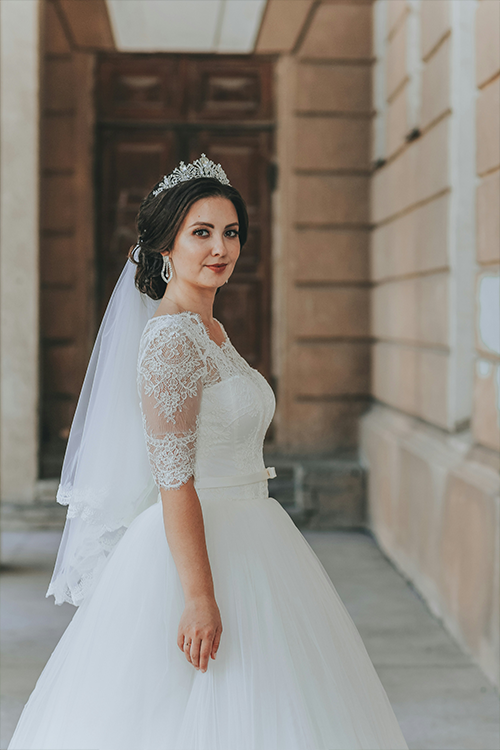Understanding Consignment Shop Policies for Wedding Dresses
Buying or selling a wedding dress through a consignment shop can be a great way to save money or recoup some of the cost of a gown. However, each shop has its own policies, and understanding them is crucial to ensuring a smooth experience. Whether you’re a bride looking for a designer dress at a fraction of the cost or a seller hoping to pass on a gown to another bride, here’s what you need to know about consignment shop policies for wedding dresses.
For Sellers: How Consignment Works
When selling a wedding dress through a consignment shop, the process typically follows these steps:
Acceptance Criteria – Shops may have specific requirements regarding the style, condition, and age of dresses they accept. Many prefer gowns less than five years old and in excellent condition.
Pricing Agreement – The shop will either set the price or work with you to determine a fair market value based on brand, condition, and demand.
Commission Split – Most consignment shops take a commission from the sale, which can range from 30% to 60%. Be sure to clarify the exact percentage before committing.
Time Limit – Some shops will only keep a dress for a certain period (e.g., 90 to 180 days). If it doesn’t sell within that time, you may need to pick it up or agree to a price reduction.
Payment Terms – Once the dress sells, payment may take a few weeks or even months, depending on the shop’s policies. Some pay sellers immediately after the sale, while others distribute earnings at scheduled intervals.
Damage or Loss Policies – Ask about the shop’s liability for damage, theft, or loss while your dress is on consignment.
For Buyers: What to Expect
Purchasing a wedding dress from a consignment shop is a fantastic way to find high-quality gowns at a discount. Here’s what to keep in mind:
Final Sale Policy – Most consignment shops have a strict no returns, no exchanges policy. Be sure the dress fits and meets your expectations before purchasing.
Alterations & Try-On Rules – Some shops allow alterations, while others may have restrictions. Always check before buying to ensure you can tailor the dress to your liking.
Condition & Cleaning – While many shops require dresses to be professionally cleaned before consignment, some may sell gowns “as-is.” Inspect the dress for stains, tears, or missing embellishments.
Negotiation Possibilities – Unlike traditional bridal boutiques, some consignment shops may allow price negotiations, especially if the dress has been in stock for a while.
Payment & Layaway Options – Some shops offer layaway plans, allowing you to pay in installments. Ask about payment options before committing to a dress.
Key Questions to Ask
Whether you’re a buyer or a seller, it’s important to ask the consignment shop the right questions before proceeding:
For Sellers: What is the commission rate? How long will the dress be on sale? What happens if it doesn’t sell?
For Buyers: Is there a return policy? What condition is the dress in? Are alterations allowed?
Conclusion
Consignment shops provide an excellent opportunity for brides to buy and sell wedding dresses at more affordable prices. By understanding the policies in place, you can ensure a successful transaction. Always review a shop’s specific terms before committing, and don’t hesitate to ask questions to clarify any uncertainties. Whether you’re saying goodbye to your gown or looking for “the one,” consignment shopping can be a rewarding experience!





